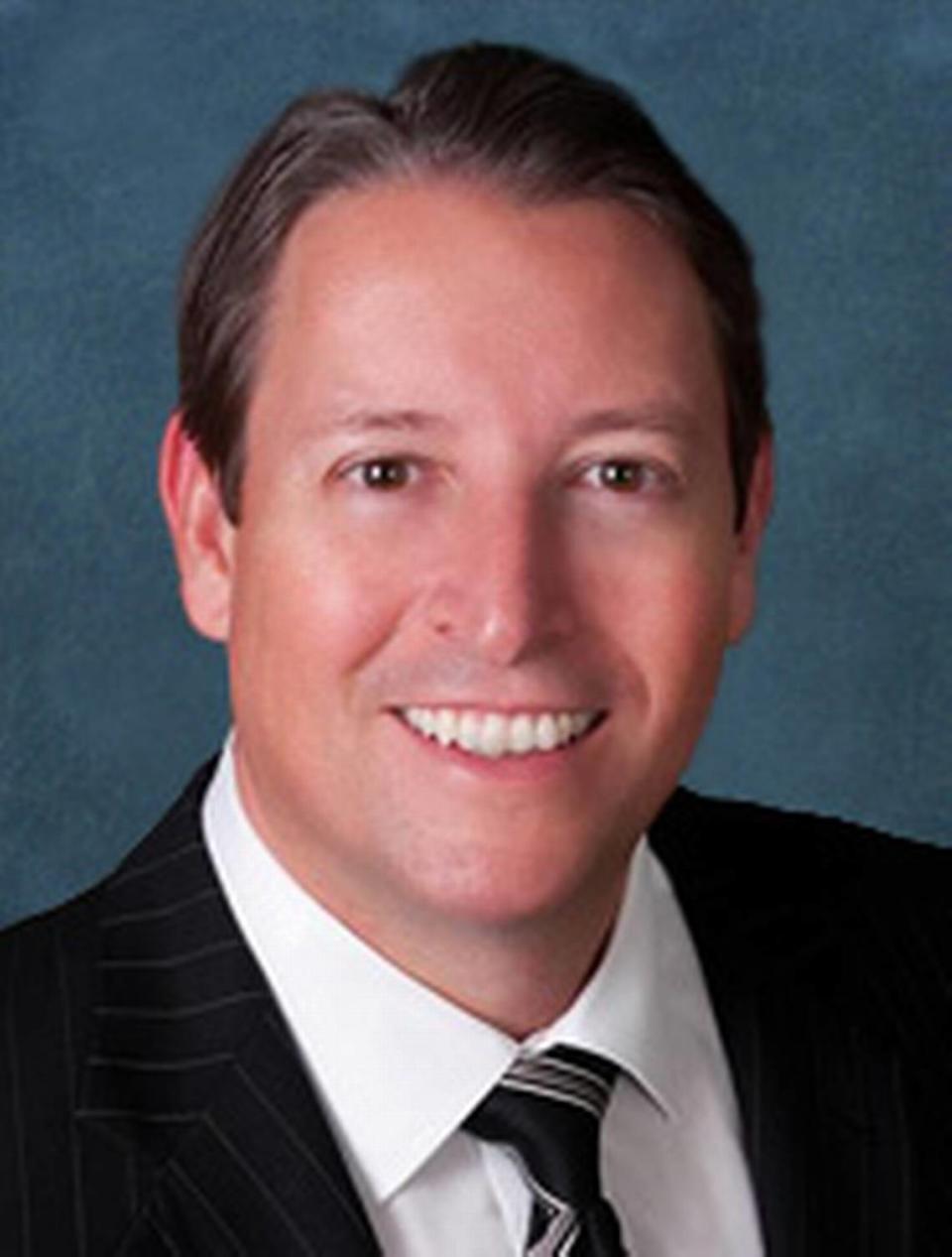Fears toll road could kill off Florida panthers are ‘overstated,’ top lawmaker says
A federal biologist’s assessment that the Florida panther could be devastated by a controversial toll road project is “completely overstated,” Senate President Bill Galvano told reporters Tuesday — dismissing worries raised by environmentalists that his signature infrastructure proposal could pose a risk to endangered wildlife.
Galvano, a Bradenton Republican who successfully pushed the Legislature and Gov. Ron DeSantis to approve new toll road projects earlier this year, also insisted that the proposed roads are moving forward with the environmental impact in mind.
“We’re not going to destroy the environment for the sake of particular infrastructure,” he added. “But there are ways to accomplish what we need to do in order to sustain our state that takes all of these things into consideration.”
The road in question — which has been called the Heartland Parkway — would extend from Polk to Collier counties through some of the state’s last remaining panther habitats.
A biologist for the U.S. Fish and Wildlife Service, John Wrublik, had written in March to his supervisor that the route could put the big cats at more risk of being hit and killed by vehicles, which are their biggest threat. The suburban sprawl that would result from the roads, he added, could magnify that impact.
“This project would have very serious impacts on the Florida panther (basically a disaster for the panther),” he wrote in an email obtained through a public records request by the environmental nonprofit South Florida Wildlands Association. He also wrote the road could “potentially jeopardize the species,” using a legal term for extinction.
The U.S. Fish and Wildlife Service “has serious, serious concerns about the Heartland Expressway and likely the two other corridors should this legislative proposal go forward,” he wrote.

Galvano said Tuesday that he had only recently heard concerns that the project could impact the Florida panther, appearing to reference a recent Herald/Times story about Wrublik’s emails.
“I think that that’s one perspective,” he said of the assessment. “We have people within our state agencies and others that are looking at it that will take all of these things into consideration.”
Galvano also suggested environmentalists that have rallied to oppose the roads were not “taking the time to understand the whole opportunity that exists with the corridors.”
“We cannot continue to plan infrastructure in reverse — we have to get ahead of it,” he said, adding later the roads could even have a “net benefit to the environment” by looking at mitigation and resilience opportunities.
He also rejected a suggestion the construction of the toll road could draw more traffic and growth, pointing to Florida’s ranking as “the 14th largest economy on the planet right now” and its continued population growth.
“I don’t believe that it’s driven because of infrastructure,” he said. “It’s driven because people wanting to be here … Infrastructure is a responsibility of government to make sure that, that we are being good stewards of our state and our environment and the people that come here.”
“If you don’t have opponents, then you probably haven’t done anything really bold, as my friend Gov. [Jeb] Bush used to say.”
Though Wrublik’s email was not necessarily his employer’s official stance, the federal agency is expected to do a fuller evaluation of the project’s impact when more details of the roads emerge. In an October letter to the Florida Department of Transportation, a top U.S. Fish and Wildlife Service official also said there were “significant concerns about the potential effects of these projects.”
“A new highway in any of the study areas has the potential to result in significant adverse impacts to the diverse fish, wildlife and planet resources; including many threatened species,” wrote Larry Williams, the agency’s state supervisor for ecological services, without specifying any species, including the panther.
Herald/Times Tallahassee bureau staff writer Lawrence Mower contributed to this report.

